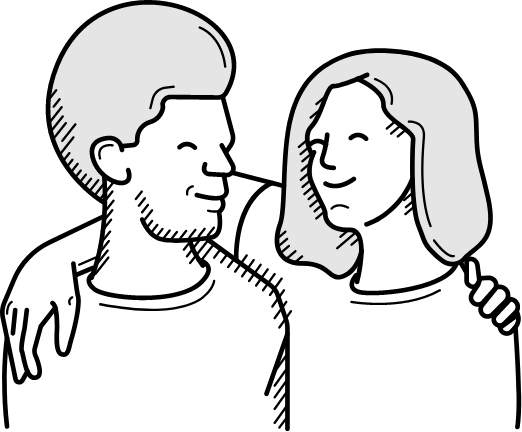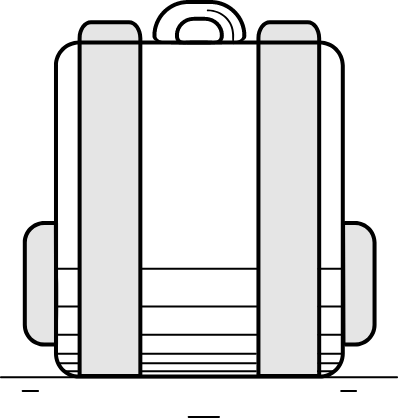Introduction
Kevin has been working as a partner of See Me since 2002.
He started working with See Me through Public Mental Health Improvement for Lanarkshire which has led to the creation of Stigma Free Lanarkshire, a local anti-stigma programme.
More recently he has been incorporating anti-stigma work into a pilot programme of Distress Brief Intervention, which delivers compassion support to those presenting in distress at front line health care.
Leading the way
In Lanarkshire, since the year 2000, I've been the Public Health Lead for mental health improvement. And in the early 2000s, the programme for mental health improvement, the National Programme for Mental Health and Wellbeing, was established, and it had three key components. One was the Scottish Recovery Network; that focused on recovery. The other was See Me; they work around stigma and discrimination, and Choose Life, they work around suicide prevention.
Working in public mental health at that time was a very empowering experience. To feel that for the first time it had a substantial national focus on mental health improvement. Importantly it brought about a national support network; a community that brought us together for a common purpose with a supportive infrastructure and See Me were a core part of that.
Powerful messaging
What has been most impactful has been how the message that See Me has brought, has been a very powerful message. Right from the outset, it’s See Me, I'm a person, not a label, right through to the present, it’s okay not to be okay. It’s those personal messages that people can really relate to. Often, for many organisations, when you start to look at mental health it can be difficult to navigate the big issue, where do you start?
I think what See Me does, because of how natural and how human a message it is, and the workplace programme, school based programme and the community based programme, all underpinned by the importance of lived experience, it really empowers a community and a local movement to then work in a very considered and supportive but empowered way. In Lanarkshire, the See Me partnership and now Stigma Free Lanarkshire has been right at the heart of it.
Local anti-stigma programme
For See Me, the priorities are health and social care, children and young people in education, and workplace and these are the same priorities for Lanarkshire. So in developing an anti-stigma programme in Lanarkshire, we had a chance to bring our collective assets together. The support from See Me was at the centre, and we had the access to the local workplaces and the local school and the local communities. We took national messages to all of these places and tested them, and they’d develop them, and put value to them, to make a real difference in the experience of stigma and discrimination that people are experiencing within these settings.
It was the first time we’d brought joint resources together to create a post which is a Stigma Free Lanarkshire co-ordinator, and that has been so important too, because previously, we were doing that all as part of our additional work and if this is about creating a movement, part of the challenge is, the more of a movement you create, the more people you have to speak to.
Health and social care partnerships have a very important part to play. In Lanarkshire, the vision that’s been set is that we create good mental health in Lanarkshire for all. Not all of us understand and look after and value our mental health and wellbeing. We need to know how to look after our own mental health and wellbeing and that of others.
I think, the health and social care partnerships have then mobilised that, and they think about the collective impact. They recognise that they are in a strong position to help create many of the conditions for change to happen.
What See Me helps us to do, is to articulate how to go about creating those conditions and make the case of how that then contributes to the whole range of shared objectives that the partnership has a whole. And I think that’s a strength of working with See Me.
Having a national partner, having anti-stigma work, and See Me leading it as a national priority in the mental health strategy, absolutely is a starting point... it adds value and confidence to the role of those who are key facilitators within the local communities in which they serve.
Getting support to those who need it most...
The main role for the Distress Brief Intervention is to be testing a new way of working for front line services. There are two levels to the Distress Brief Intervention. One is about delivering a compassionate support to those who are presenting distress at the front line.
And for those who will benefit, being able to refer to a new service which is the Distress Brief Intervention level two.
It has compassion at the absolute heart of it. It’s sensitive to the person’s distress, valuing the person, but with the motivation, courage and wisdom to do something about it.
Working together
I thought, I need to speak to See Me because obviously my experience told me that there was a great deal to learn from See Me and to work with See Me, and to value See Me as a critical friend. We did this to ensure that as we build this connected compassionate support, as we speak to those frontline services, ambulance service, emergency departments and primary care, that we do so, understanding every opportunity we need to think about the stigma and discrimination that people may be experiencing.
Developing training
Our colleagues in See Me have reviewed our training programmes produced by the University of Glasgow, to make sure that we adequately give focus on issues around stigma and discrimination. That is both in terms of how people may present if they are fearful of discrimination and experiencing self-stigma, and how we respond to and understand that.
Furthermore, our colleagues in See Me have understood that our training should really have had and will have more of a lived experience dimension to it. Colleagues at See Me have supported us and worked with us to produce some good quality films where people are talking about their experience of presenting to frontline services in distress, which will be embedded as standard within our core training.
But we need to do that much more informed by the lived experience. And the key things have become very, very important. And so, within in the videos for instance, one of the things that’s really struck a lot of people, that I think many of us hadn’t really reflected upon, was one person talking about their story and how important it was for colleagues on the front line to remember that, when that person comes for support, you may be the only person they come to, that day, that week, that month, or that year.
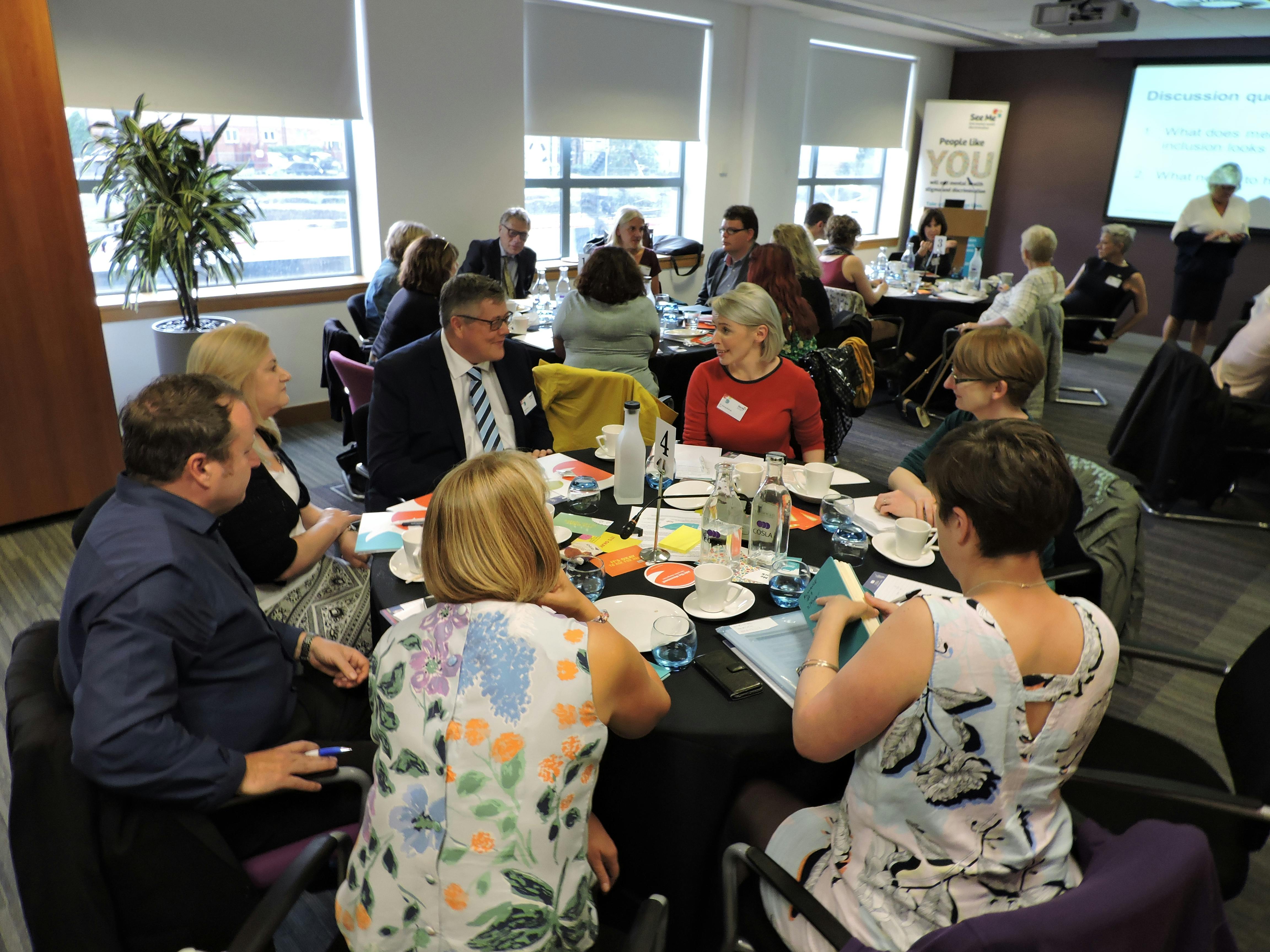
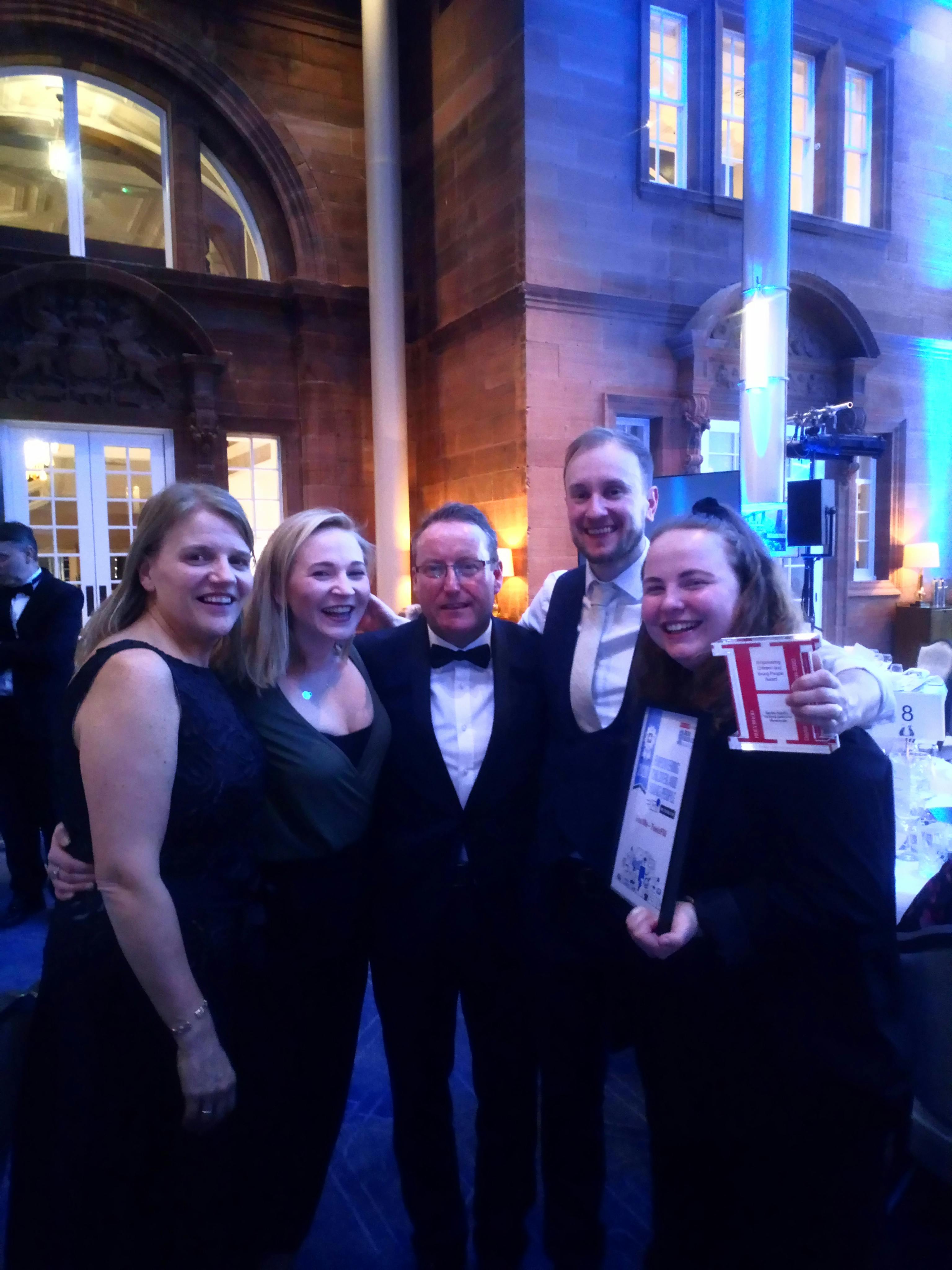
I think See Me has got a very important part to play at the centre of organisations and educational establishments around when we’re training nurses and we’re training doctors and we’re training the social workers, we’re training teachers right at the outset about being right near the heart of that to make sure those core elements of mental health and stigma and discrimination are various parts of that.
I think that central work becomes very important in laying out the landscape right at the outset. I know there's a lot of focus on that already. It’s important for me that See Me continues to be supporting those of us who are working in specific programmes, or working locally, to take every opportunity to continue to understand what works and bringing that into the places where people live, work and play.
I think the relationship that we have where we continue to work together to be able to make that happen becomes very important. There's clearly still a lot of work to be done in education; we can see that. See Me have a very important part to play in suicide prevention, a very important part to play in workplace and workplace policy and development, and clearly, still a very important part to play in the health and social care.
So, for me, I think the areas that See Me is working in remain to be the key areas for priority. Those opportunities will expand the more See Me is connected at the centre of policy, at government and national level.
Get Involved with See Me
There are so many ways to get involved and engage with the movement, from becoming a supporter or volunteer to partnering with us to growing the movement in your organisation.
